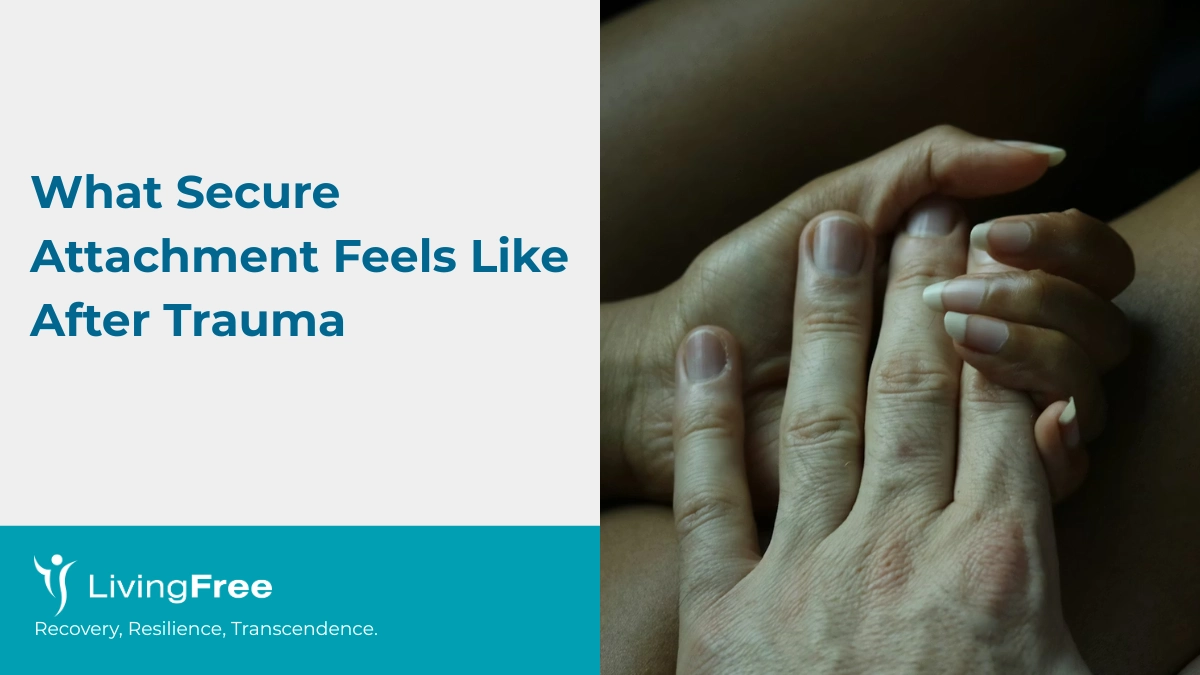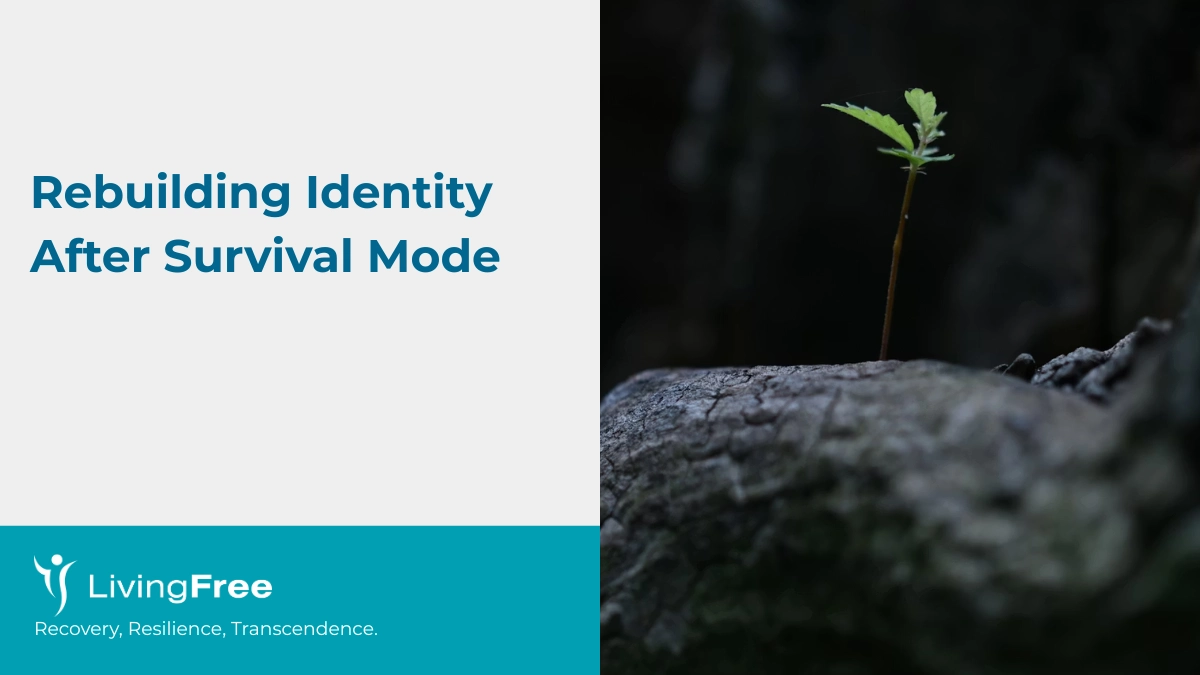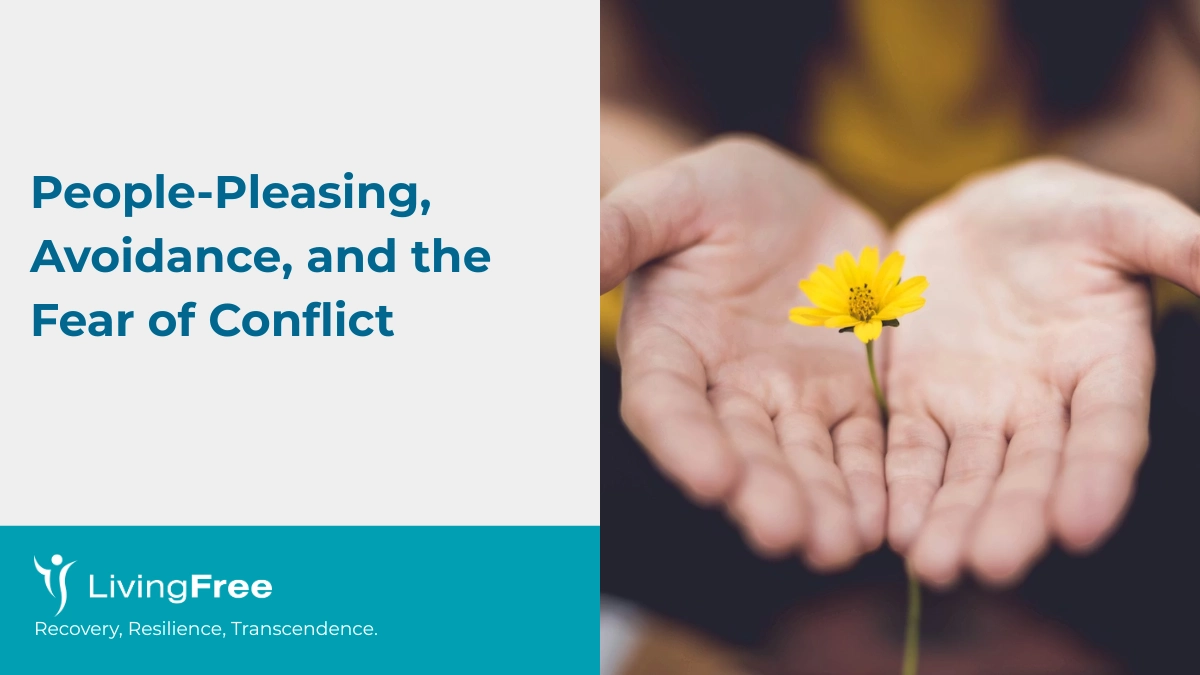What is Addiction?
Addiction is a chronic, relapsing disorder of the brain’s reward, motivation, and memory systems. According to the DSM-5, addiction falls under Substance Use Disorders and Behavioral Addictions, characterized by compulsive behaviors despite harmful consequences.
Addiction is not a moral failing or weakness — it is a neurobiological and psychological condition. Substances or behaviors hijack dopamine pathways, reinforcing cycles of craving, loss of control, and relapse.

Symptoms of Addiction
- Inability to stop or reduce use despite wanting to.
- Cravings and compulsive thoughts about substances or behaviors.
- Increased tolerance or withdrawal symptoms.
- Neglect of work, relationships, or health.
- Continuing despite serious negative consequences.
- Engaging in risky behaviors while intoxicated or addicted.
How Addiction Affects Daily Life
Addiction disrupts:
- Relationships – conflict, secrecy, broken trust.
- Health – liver disease, cognitive decline, cardiovascular issues, or stress-related illness.
- Mental Wellbeing – depression, anxiety, and trauma reactivation.
- Functioning – loss of career, finances, or legal consequences.


Living Free’s Approach to Addiction
At Living Free, we address addiction not only as a behavior, but as a maladaptive stress response often rooted in trauma.
Our approach includes:
- Identifying and addressing underlying trauma.
- Restoring nervous system balance.
Building new coping strategies for resilience.
Therapies We Offer for Addiction
- Cognitive Behavioural Therapy (CBT)
- Internal Family Systems (IFS)
- Behavioral Psychology & Coaching
- Somatic & Breathwork Coaching
- Psychoeducation on sleep, nutrition, and exercise
- Intensive Outpatient Programs (IOP)

Why Choose Living Free
Evidence-based methods built on DSM-5 criteria and neuroscience.
A holistic team including psychotherapists, yoga instructors, and coaches.
A compassionate, client-centered environment.
Contact us today to begin treatment at Living Free.





